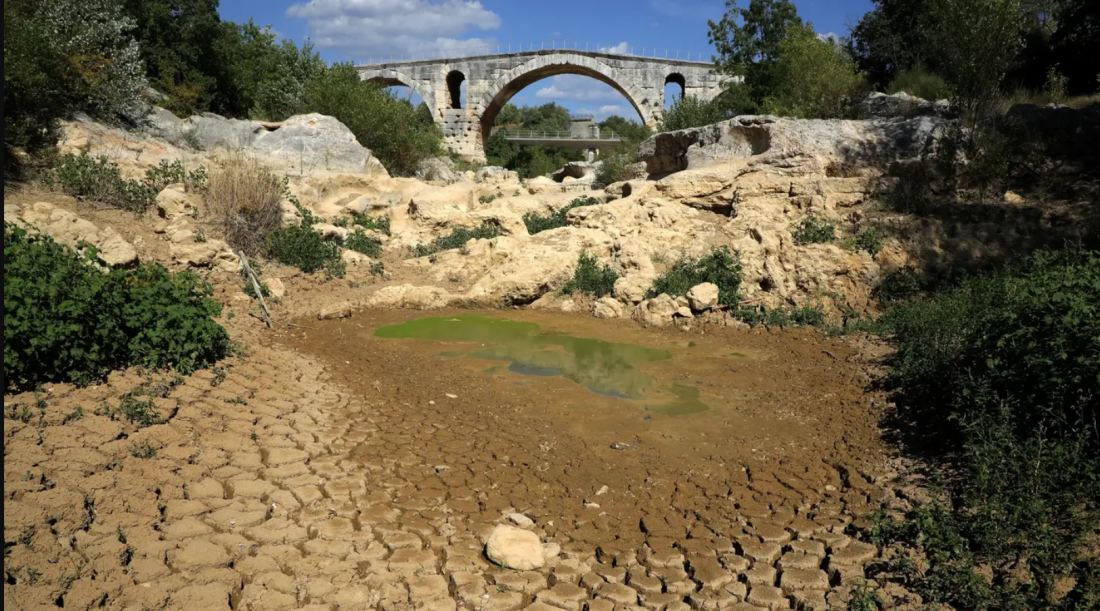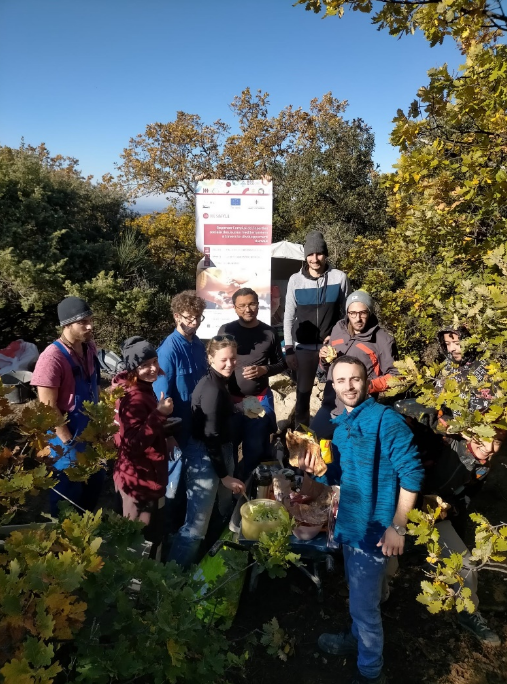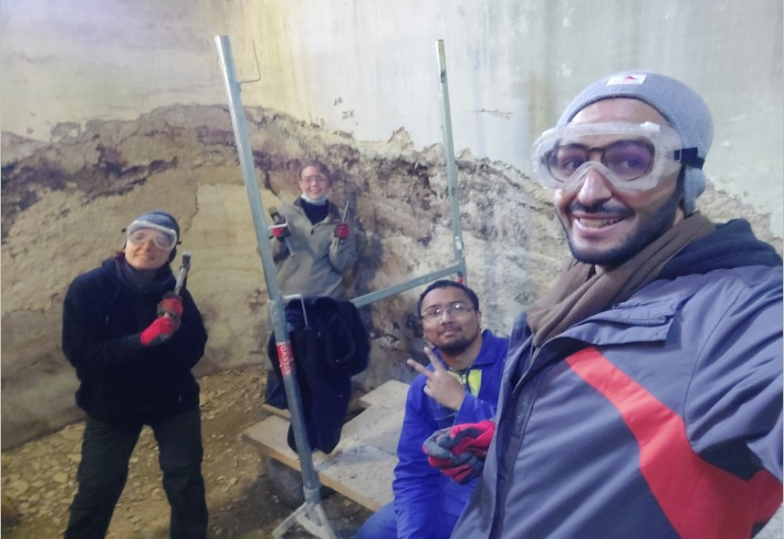RESMYLE in France : Water shortages due to drought - what if the old water routes were a solution?

Malemort du Comtat, located at the foot of the Monts de Vaucluse and Mont Ventoux, has been directly irrigated by mountain runoff for thousands of years, protecting the foothills from drought. Over the centuries, however, the local population has also ingeniously channeled and stored this precious summer water, creating drainage tunnels, cisterns, fountains and washhouses, and terracing the hillsides to limit runoff and soil erosion. However, since the end of the 19th century and the construction of the Canal de Carpentras, all irrigation on the Malemort plain has been carried out using water from the Durance, leading to the abandonment of small hydraulic works, many of which are now in ruins. However, current global warming should lead the population to rehabilitate and reactivate these structures in order to diversify the commune's water supply.

With this in mind, the OPUS association decided to promote the old water routes to the young people at the RESMYLE Field Training Workshop.
- Restoration of a rock-cut eyrie, with an introduction to traditional dry-stone masonry and lime plastering,
- By carrying out a survey among local residents about the area's water-related heritage,
- By creating explanatory panels for the aiguiers trail.
The participants presented their work to the local population at a public event.

OPUS, a Euro-Mediterranean association based in Provence and accredited by the CPIE des Pays de Vaucluse (Centre Permanent d'Initiatives pour l'Environnement), offers a wide range of activities linked to heritage enhancement and environmental protection. It is one of the French partners in the RESMYLE project.









